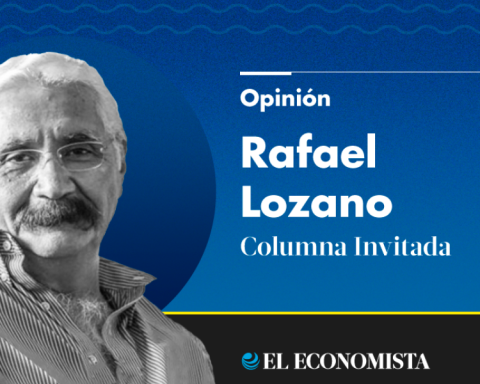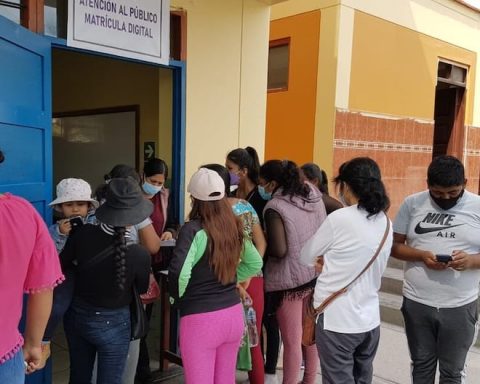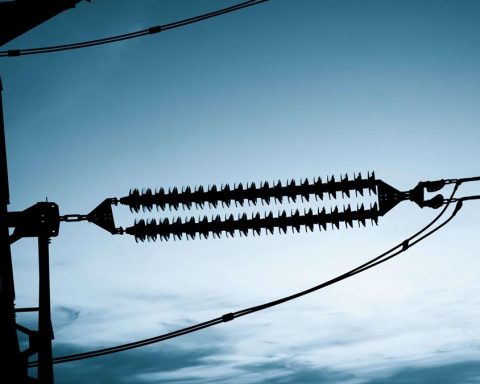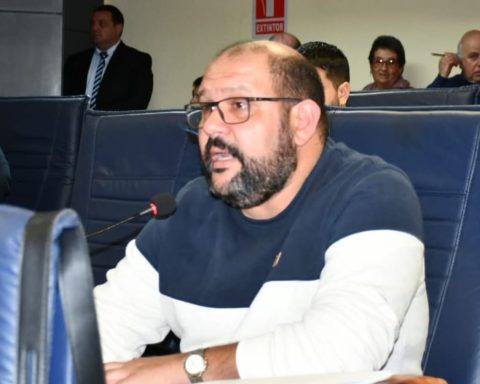“The president of the Republic recognized past errors of his Government regarding the Region of La Araucanía”. That’s what the mayor of Temuco, Roberto Neira, said about the meeting he held this morning with President Gabriel Boric.
At 8 in the morning and with a folder in his hands, the President was sitting next to José Montalva (PPD), presidential delegate of La Araucanía, the mayor of Temuco, Roberto Neira, an independent former PPD, and the mayor of Padre de Las Casas, Mario Gonzalez.
“Leaving the mayors with that leaves us calm, we also made mistakes, with the urgency of the situations that we have to live, and we must have the ability to go back a step and start again,” said the Temuco community chief about the President’s words.
He assures that in his opinion, on the trip of the former Minister of the Interior, Izkia Siches —who during her visit to La Araucanía was received at the beginning of the road to the community of Temucuicui with shots fired into the air— “there was a lack of planning, a sense of reality , consult those who know the territories, in this case the mayors of Ercilla and Collipulli”.
-This Thursday the President assured that in the region there have been acts of a terrorist nature. In an interview with La Tercera you said that “we are no less progressive when we recognize that there is terrorism in La Araucanía.”
-It is an important step from the vision that the Government had some time ago. When you govern, you do it for everyone. It is necessary to maintain certain guidelines that are part of the particular ideology. But another thing is to ideologize a political conflict that affects people from all political, social and religious sectors.
-But why do you think it is useful for the President to give that name to a type of crime in the region?
-It can be used so that your conglomerate can also follow in your footsteps. We will not be less of the left if we recognize that there are people instilling fear in La Araucanía. The police will be able to focus with greater confidence because the Government has a more determined posture to face the security situation.
– Do you think that the Executive has changed its initial position regarding what is happening in La Araucanía?
-President Boric is making a very sensible reflection today, and a referral for the country more than his political position or that represented by his conglomerate. He took a sense of reality around the region of La Araucanía. That enhances governance.
-Boric assured that “those who do not intend to dialogue and who use force to try to impose their point of view have to face the rule of law as corresponds to all Chileans” in an interview with Times.
-One thinks that one can talk with those who cannot dialogue, but in reality when walking and analyzing the past, sometimes one should not waste time with those who do not want to and move forward with those who are willing. We have to get out of our trenches and make our common minimums available and go from there. An important step is the recognition of terrorist acts in the region.
-What was the central point raised by the President at the meeting?
-The President He explained that as part of his legacy he wants to leave a plan for La Araucanía as a State policy and not that of a Government. He mentioned the experience that lagging areas have had in La Araucanía, such as Punta Arenas, which has differentiated public investment to get ahead. It coincides with the thought that we mayors have had, to establish a special statute of public investment in the Region of La Araucanía in the medium and long term.
-Boric stated that “the Antiterrorist Law has brought terrible results for the victims and for the State” and that it is not an adequate tool. Do you agree with the President’s vision?
-In all states of law where there is democracy there are laws that persecute acts that are different from those of common crime. All democracies perfect their legal system to be able to prosecute crimes of high public connotation, all the more so when they instill fear based on an ideology, thought or religion.
In Chile, the Antiterrorist Law should be re-analyzed and modernized, the execution of the law has not brought the expected results. But modern democracies must have a specific statute in complex situations, such as when it comes to instilling terror and killing innocent people.
-What was missing in the ads for La Araucanía so far?
I agree with some parliamentarians who want to exclude from the payment of contributions those people who have had their fields taken for a long time and have not been able to exercise their freedom of property, a right guaranteed in the Constitution. There may be compensation for the people who have suffered due to the conflict situation that we have in La Araucanía.
In countries that have suffered complex situations, it is necessary to start by compensating, and one way to do it, in addition to asking for forgiveness when one represents the State, there may be patrimonial situations for the damage caused.







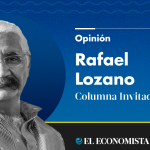
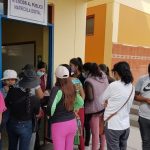

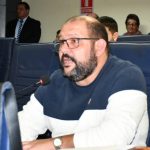

![[Video] Community surprised two thieves, arrested them and forced them to take off their clothes [Video] Community surprised two thieves, arrested them and forced them to take off their clothes](https://latin-american.news/wp-content/uploads/2022/11/Video-Community-surprised-two-thieves-arrested-them-and-forced-them-1024x697.jpg)

